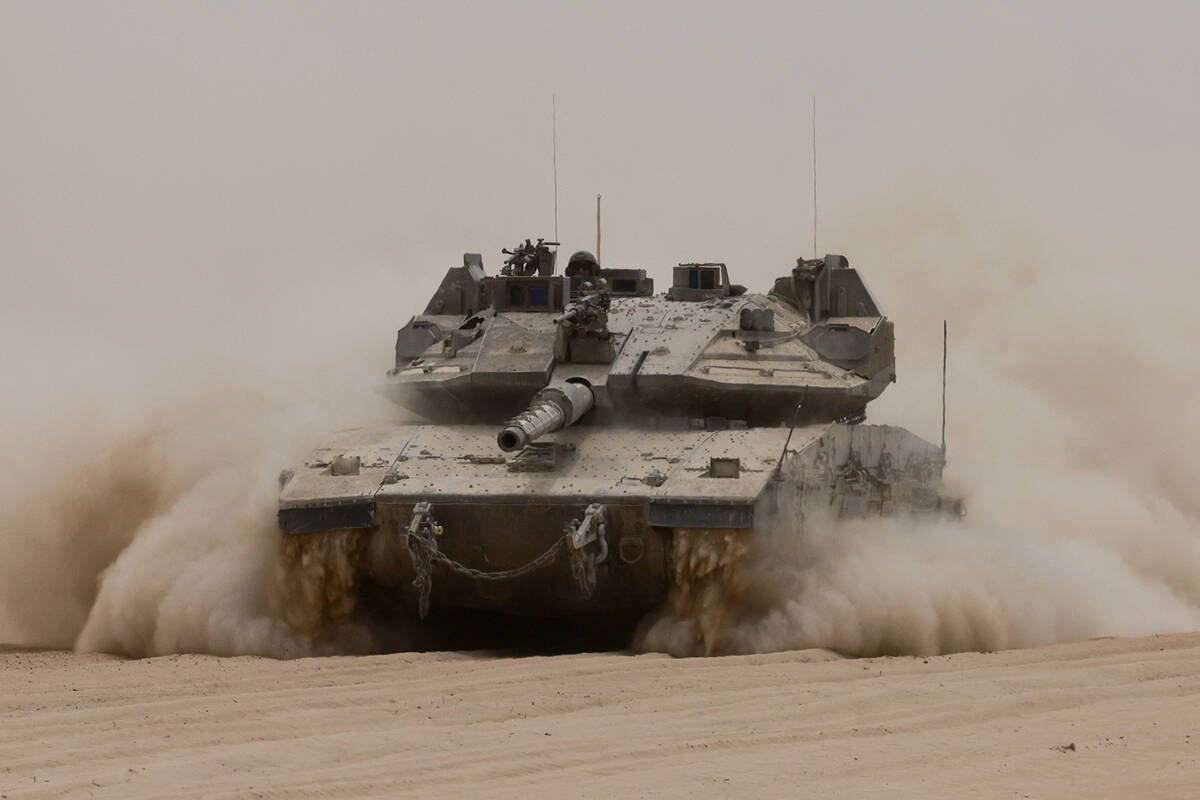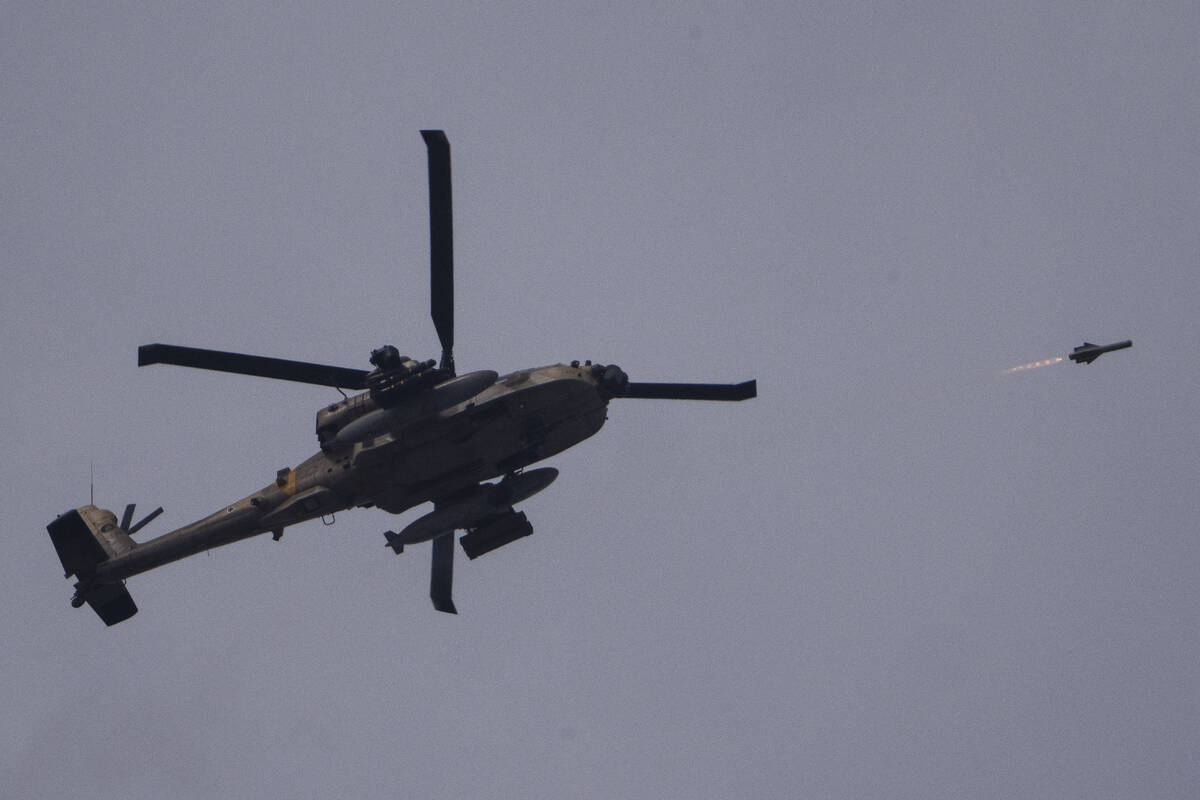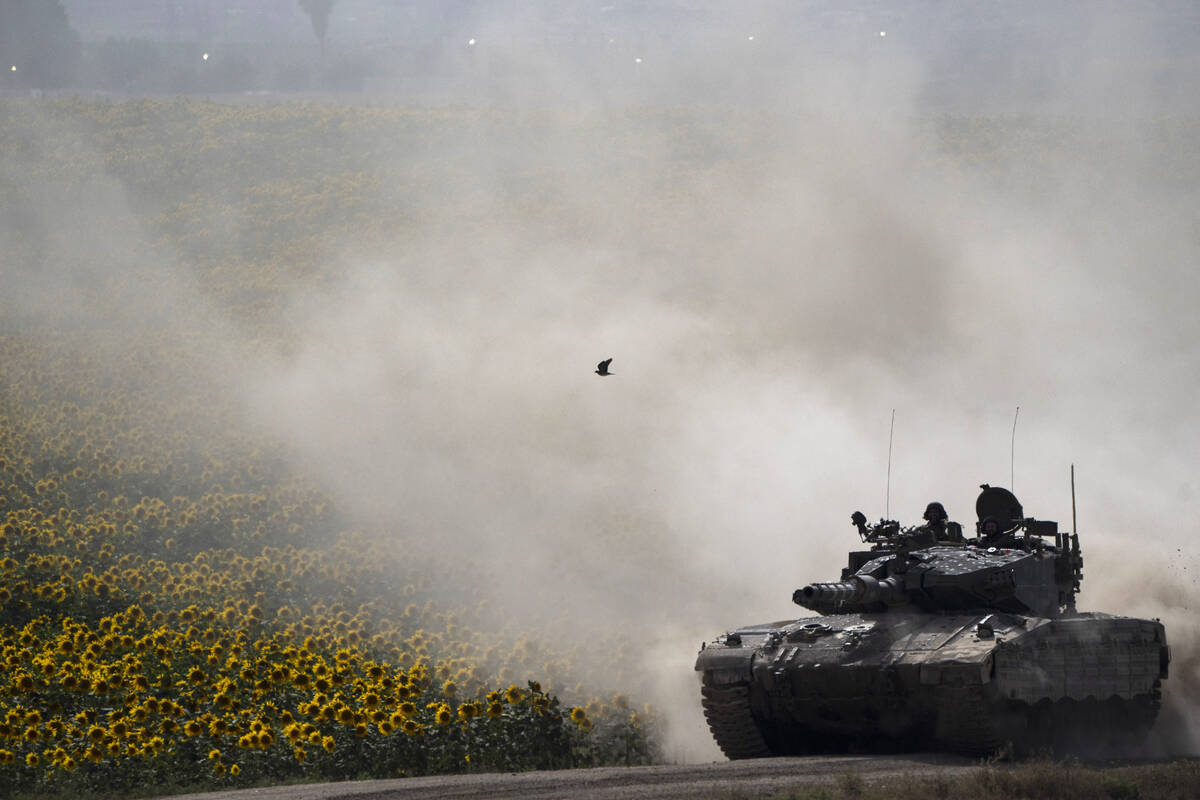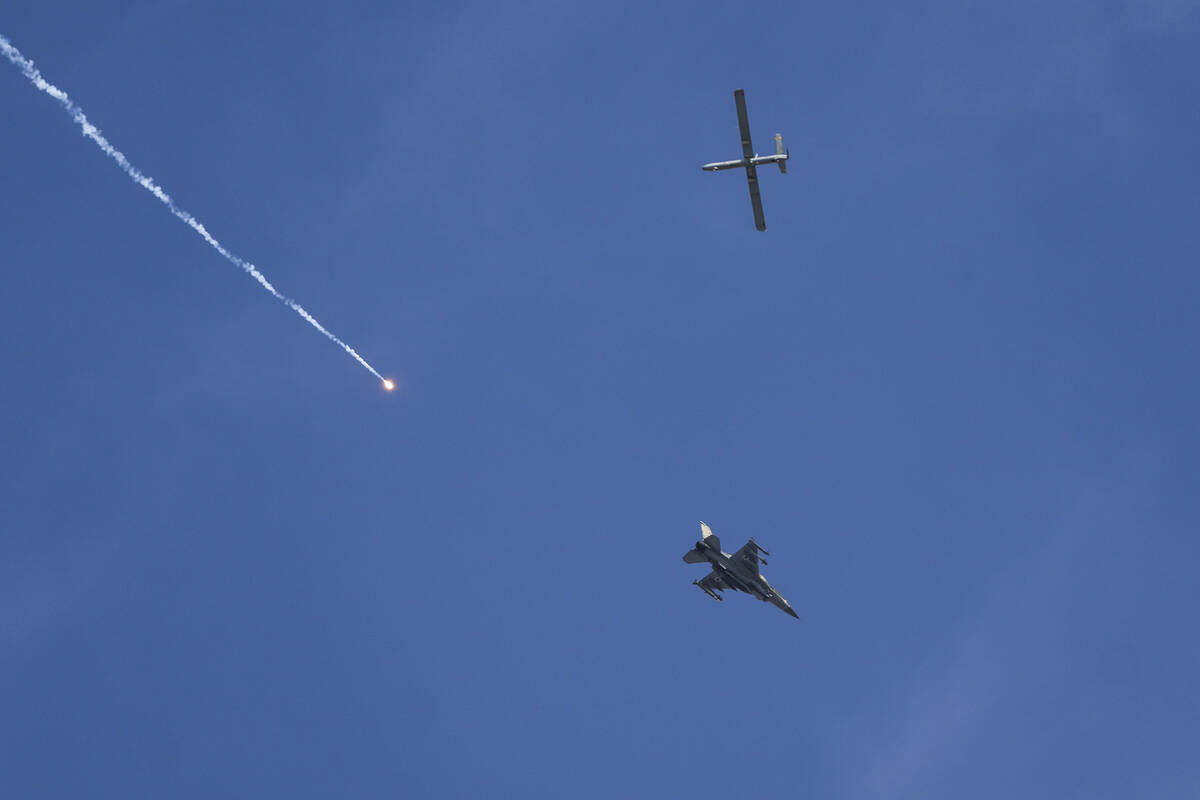Probe of Israeli airstrike looking into secondary explosion
Israel’s chief military spokesman, Rear Adm. Daniel Hagari, said Tuesday an ongoing probe into the fire that killed 45 Gazans during airstrikes Sunday night suggests it was caused by a secondary explosion, possibly as a result of arms stored by Hamas in a separate structure.
Israel said Sunday an airstrike on a tent camp northwest of the city was based on precise intelligence and that it killed two senior officials from Hamas, designated a terrorist organization by the United States, Canada and the European Union. Netanyahu called the incident a “tragic mistake.”
Hagari said the warplanes that killed the two Hamas commanders used the smallest munitions they have, and those alone couldn’t have ignited the fire.
He added that Hamas rocket launchers had been found roughly 150 feet away and Hamas has embedded itself in that part of Rafah among sheltering civilians since Oct. 7.
Hagari also played an intercepted phone call that he said was between two Gazans discussing the explosion and fire.
One speaks of “ammunition that started exploding” and the other responds, “This is an ammunition warehouse. I tell you it exploded. I mean, the Jewish bombing wasn’t strong, it was a small missile because it didn’t create a large hole.”
Israel’s military also has found a number of tunnels from Rafah into Egypt and destroyed them, Hagari said, adding that Egypt was being kept informed.
Israeli tanks have reached the center of Rafah, a sign the military could be nearing its goal of taking full control of the southern Gazan city.
Residents reported clashes between Israeli and Hamas forces in the center of the city on Tuesday, AFP said, suggesting troops have advanced beyond their initial incursions in the outskirts. An Israeli military official said tanks were being used as part of what he called a limited and precise set of operations.
Israeli Prime Minister Benjamin Netanyahu has long said the country needed to start a ground invasion of Rafah to seek out the thousands of Hamas terrorist fighters and some leaders it says are based in the city, as well as some hostages. The plan has drawn international condemnation — including from the U.S. — even after Israel insisted it would first allow civilians to leave.
The United Nations says roughly 1 million civilians have fled Rafah, having sought shelter there during fighting elsewhere in Gaza.
On Tuesday, another Israeli strike on Rafah killed 20 Palestinians, Gaza’s civil defense service reported.
The fighting in Rafah has made it difficult for humanitarian groups to import and distribute aid to southern Gaza.
The Israeli military says it has allowed hundreds of trucks to enter through the nearby Kerem Shalom crossing since the start of its operation, but aid groups say it’s difficult to access that aid on the Gaza side because of the fighting.
The U.N. says it has only been able to collect aid from around 170 trucks over the past three weeks via Kerem Shalom.

























